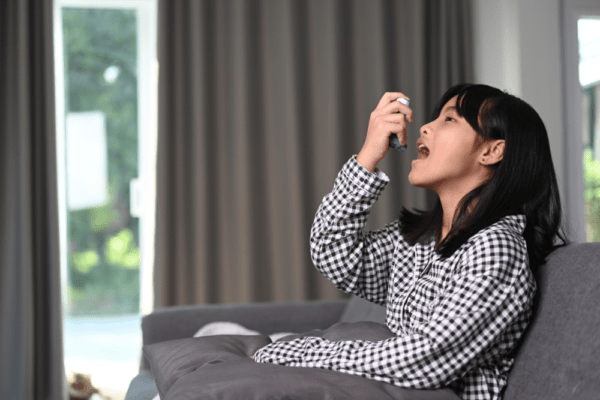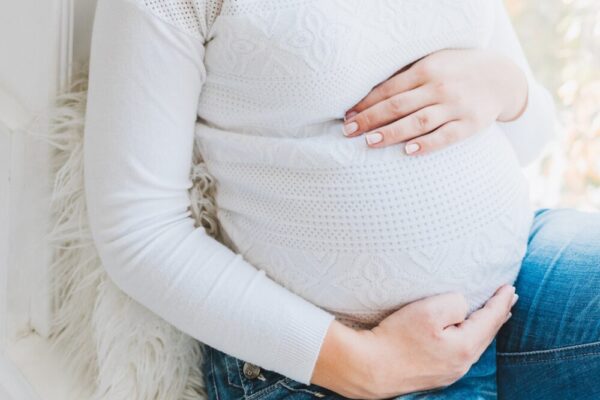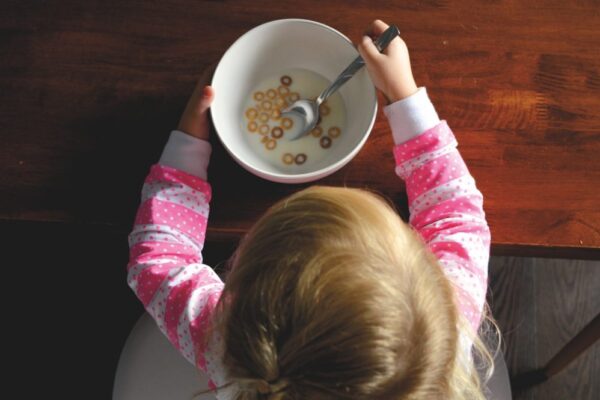Breastfeeding is the cornerstone of infants’ survival, nutrition and development and overall health. Breast milk has all the necessary nutrients, in just the right amounts, to meet the needs of newborn babies. Skin-to-skin contact and early, exclusive breastfeeding helps your baby to thrive and support his/her’s development.
Breastfeeding is particularly effective against infectious diseases because it strengthens the immune system by directly transferring antibodies from the mother.
If you’re a nursing mother or soon to be one, the outbreak of coronavirus may have turned you concerned towards the safety of your baby. From what experts know so far, it is safe for mothers to start or maintain breastfeeding their babies during the pandemic, with some recommended precautions.
Breastfeeding and the risk of COVID
To date, there is no clear evidence of transmission of active COVID-19 through breastmilk and breastfeeding.
Breastfeeding is a key preventive health step for baby and the mother, even during the pandemic. Breastmilk provides antibodies that give babies a healthy boost and protect them against many infections. Few case studies done in China reported that the new coronavirus wasn’t found in the breast milk of the women, even after catching the infection late in their last trimester. They delivered healthy babies who weren’t found positive of the coronavirus infection. The mothers did avoid skin-to-skin contact and isolated themselves until they recovered. The virus was also not found in the breastmilk.
Benefits of breastfeeding
Breast milk not only fills your baby’s tummy, but it also gives them automatic — but temporary — immunity against some bacteria and viruses.
Breast milk contains many elements that support your baby’s immune system. These include proteins, fats, sugars and antibodies and probiotics. When a mother comes into contact with germs, she develops antibodies to help her fight off the infection. These are passed to the baby in breast milk. As mothers and babies are usually exposed to similar germs, this means the baby is protected.
Breastfed babies have fewer infections and get better more quickly. Early and uninterrupted skin-to-skin contact, rooming-in and kangaroo mother care also significantly improves neonatal survival and reduce morbidity.
Breastfeeding has also been observed to be good for moms as well. Hormones released in the mother’s body during breastfeeding promote wellness and can relieve stress and anxiety.
Guidelines for breastfeeding during COVID-19
While it is safe to breastfeed during these times, taking special precautions can ensure the complete protection for your baby and yourself.
- Wash your hands thoroughly with soap or sanitizer before and after contact with your child.
- If you do have respiratory symptoms such as being short of breath, use a medical mask when near your child.
- Routinely clean and disinfect any surfaces you touch.
- If you are too unwell to breastfeed or express breastmilk, you should explore the possibility of relactation (restarting breastfeeding after a gap) or pumping your breastmilk and have your partner or a family member feed your baby.
- Use a cup and spoon to feed babies with expressed breastmilk when too sick to breastfeed
- Keep baby formula and sterile baby bottles on hand ready to go, just in case.
Taking care of yourself
A nutritive diet for lactating mothers is also a must during COVID times. It’s very important to have a well-balanced diet along with immunity boosting foods. An infant is completely dependent on the mother for all his/her needs, be it food, immunity, hygiene, sleep or attachment.
If a baby doesn’t get nutritious milk, she will have a lowered immunity and become unhealthy and also demand frequent feeds. When a mother is breastfeeding, she needs to include galactagogues in her diet. Galactagogues are those foods that facilitate milk production and increase it.
Consume foods that give strength and speed up the process of healing. Mothers should eat lots of proteins for 2 reasons- one to meet the growing baby’s requirement and for self-healing. Soybean, chicken, grilled fish, and egg whites can be included in your diet with soaked almonds(15 pieces per day), moong dal, paneer and cheese.
A lactating mother should keep in her hydration levels also in check. Drink ample liquids. Less intake can lead to dehydration and decreased supply of milk. Water and coconut water, Vegetable-based soups made out of spinach, bottle gourd, beetroot, and carrots are super beneficial. Also, Ragi kanji, buttermilk and milk, etc are good options. Drinking a liquid half an hour prior to feeding is most beneficial.
Eat lots of whole grains and whole-grain foods since these are highly nutritious and easily digestible, whole wheat flour, oats and broken wheat daliya, brown rice, quinoa, ragi, muesli, etc.
Consume Green leafy vegetables and fruits periodically in order to get lots of vitamins and minerals. They help in better milk production and a good let down effect. Vitamins are essential for the proper growth of the baby and to get the systems to function normally in a mother after delivery.
Remember, if you are struggling, talk with your doctor about how to keep your baby healthy and/or if you think you might be exposed to the infectious virus.




